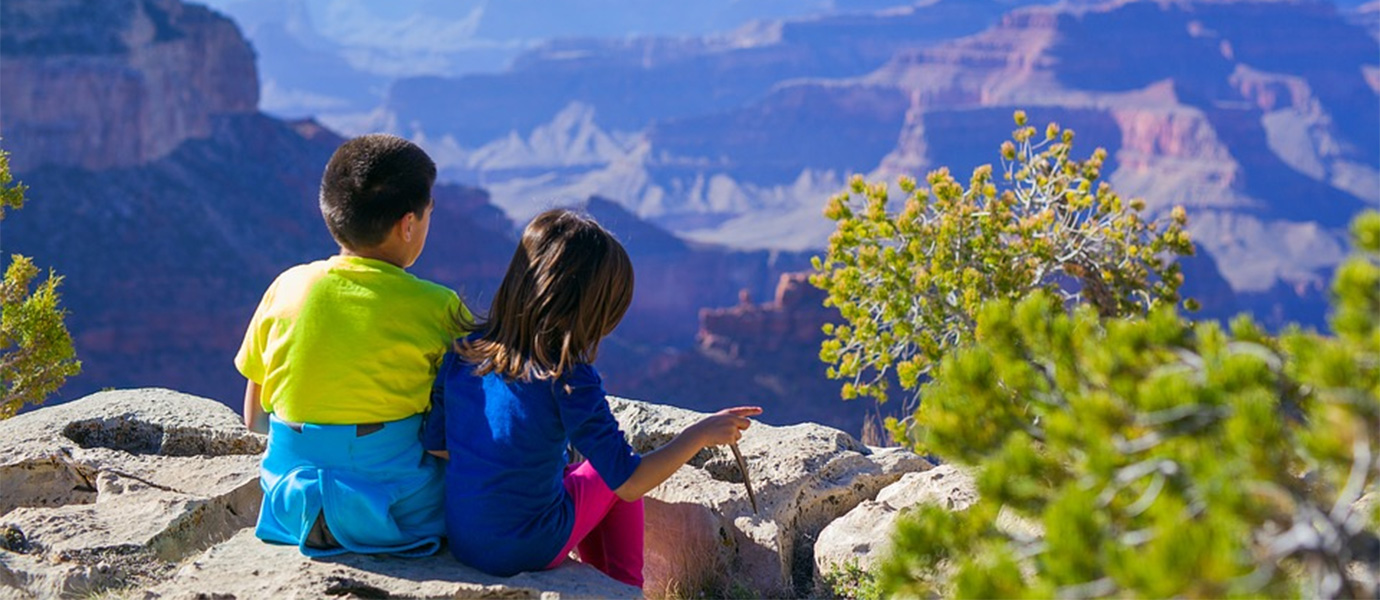ABOUT
BOCES Outdoor and Environmental Education
Whether addressing the Dignity Act through our challenge courses, investigating Long Island ecology while at Caumsett, a local beach or aboard a fishing boat, BOCES Outdoor and Environmental Education has programs to meet your curricular needs. Programs engage students of all ages with an emphasis on exploration with a hands-on approach.
contact info
Hrs: Vary, By appointment.
HELPFUL LESSON PLAN(S)
Prepared by FieldTripDirectory.com
Nature Exploration Lesson Plan
FUN FACTS
One single tree can provide the oxygen required for two human beings and over 8,000 sheets of paper. Trees can also clean the soil and air by absorbing harmful pollutants. So what have you done for a tree lately? Nature centers and state parks provide a hands-on environment to discover facts about native plants and animals, as well as ways to preserve these natural resources.
View Lesson Plan>>ABOUT
BOCES Outdoor and Environmental Education
Whether addressing the Dignity Act through our challenge courses, investigating Long Island ecology while at Caumsett, a local beach or aboard a fishing boat, BOCES Outdoor and Environmental Education has programs to meet your curricular needs. Programs engage students of all ages with an emphasis on exploration with a hands-on approach.
contact info
Hrs: Vary, By appointment.
HELPFUL LESSON PLAN(S)
Prepared by FieldTripDirectory.com
Nature Exploration Lesson Plan
FUN FACTS
One single tree can provide the oxygen required for two human beings and over 8,000 sheets of paper. Trees can also clean the soil and air by absorbing harmful pollutants. So what have you done for a tree lately? Nature centers and state parks provide a hands-on environment to discover facts about native plants and animals, as well as ways to preserve these natural resources.
View Lesson Plan>>
